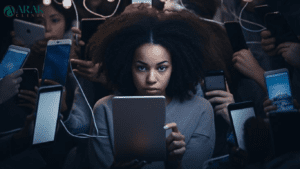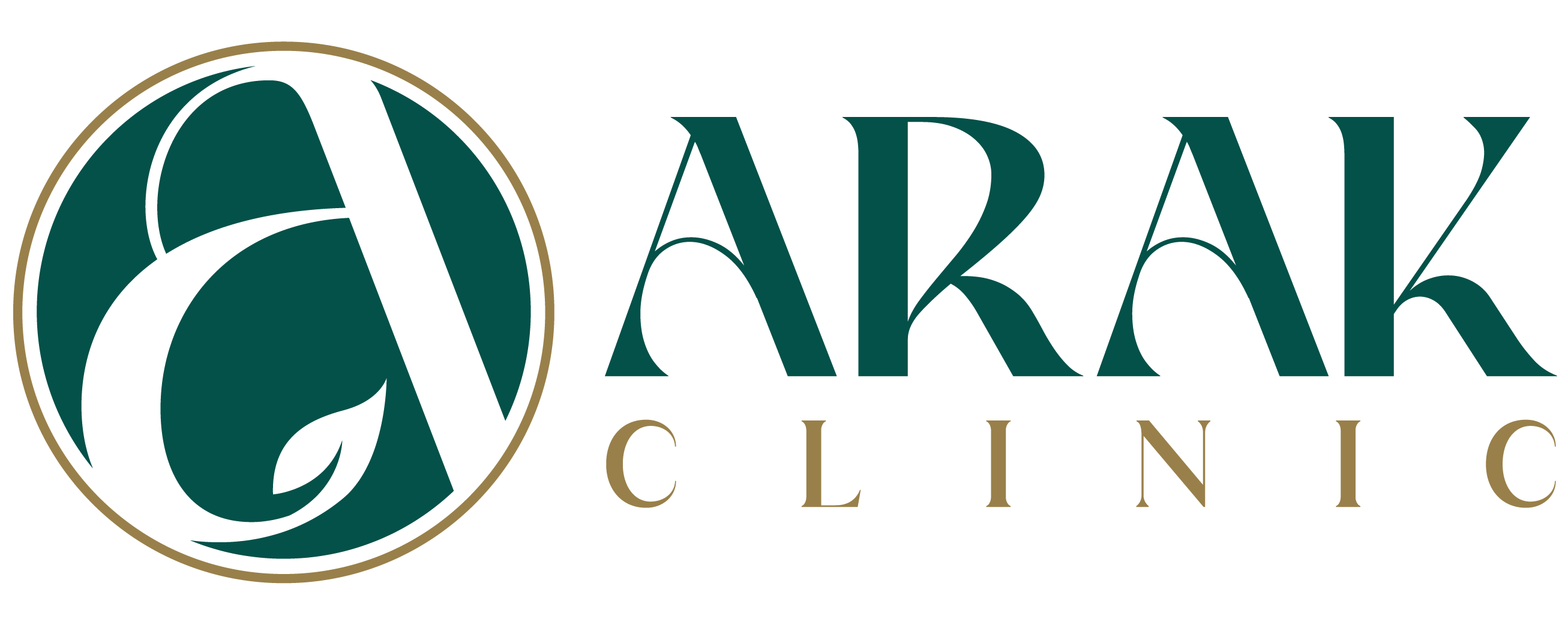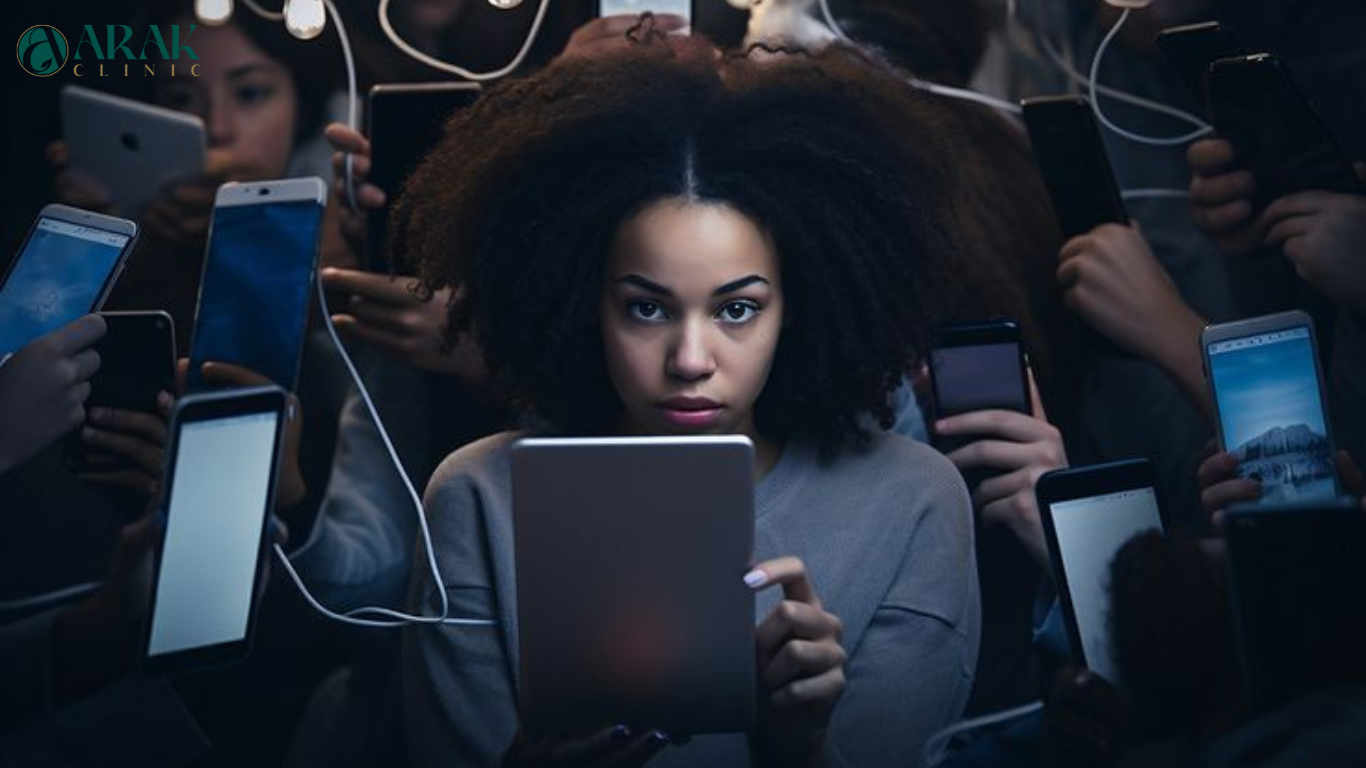In the digital age, social media platforms have emerged as powerful influencers in shaping societal perceptions of beauty, presenting a double-edged sword that can both uplift and undermine mental health. While social media offers unprecedented opportunities for self-expression, connection, and community-building, it also perpetuates unrealistic beauty standards and fosters comparison, insecurity, and psychological distress.
On one hand, social media provides a platform for diverse voices and representations of beauty, empowering individuals to celebrate their unique identities and challenge traditional beauty norms. From body-positive influencers to inclusive beauty campaigns, social media has the potential to foster a more inclusive and accepting culture of beauty, promoting self-love, diversity, and authenticity.
However, the flip side of social media's influence on beauty is a pervasive culture of perfectionism, where curated images of flawless beauty dominate feeds and perpetuate unattainable standards. The pressure to conform to these ideals can fuel feelings of inadequacy, comparison, and low self-esteem, particularly among vulnerable populations such as adolescents and young adults who are more susceptible to social influence.
Moreover, the rise of photo editing tools and filters on social media platforms has further blurred the line between reality and fantasy, creating a distorted perception of beauty that undermines self-confidence and exacerbates body image issues. The constant exposure to edited and filtered images can erode individuals' sense of self-worth and lead to heightened anxiety, depression, and disordered eating behaviors.
Navigating the impact of social media on beauty and mental health requires a balanced approach that encourages critical thinking, media literacy, and mindful engagement. It’s essential for individuals to curate their social media feeds mindfully, unfollowing accounts that perpetuate unrealistic beauty standards and seeking out content that promotes self- acceptance and authenticity.
Additionally, promoting open dialogue and destigmatizing discussions around mental health can empower individuals to seek support and resources when struggling with body image issues or negative social media experiences. By fostering a culture of acceptance, empathy, and self-compassion, we can mitigate the harmful effects of social media on beauty and mental health and promote a healthier relationship with technology and self-image.
At ARAK Clinic, we recognize the complex interplay between social media, beauty, and mental health and are committed to providing support and guidance to individuals navigating these challenges. Through our comprehensive approach to care, we strive to empower individuals to cultivate a positive self-image and prioritize their mental well-being in an increasingly digital world.





